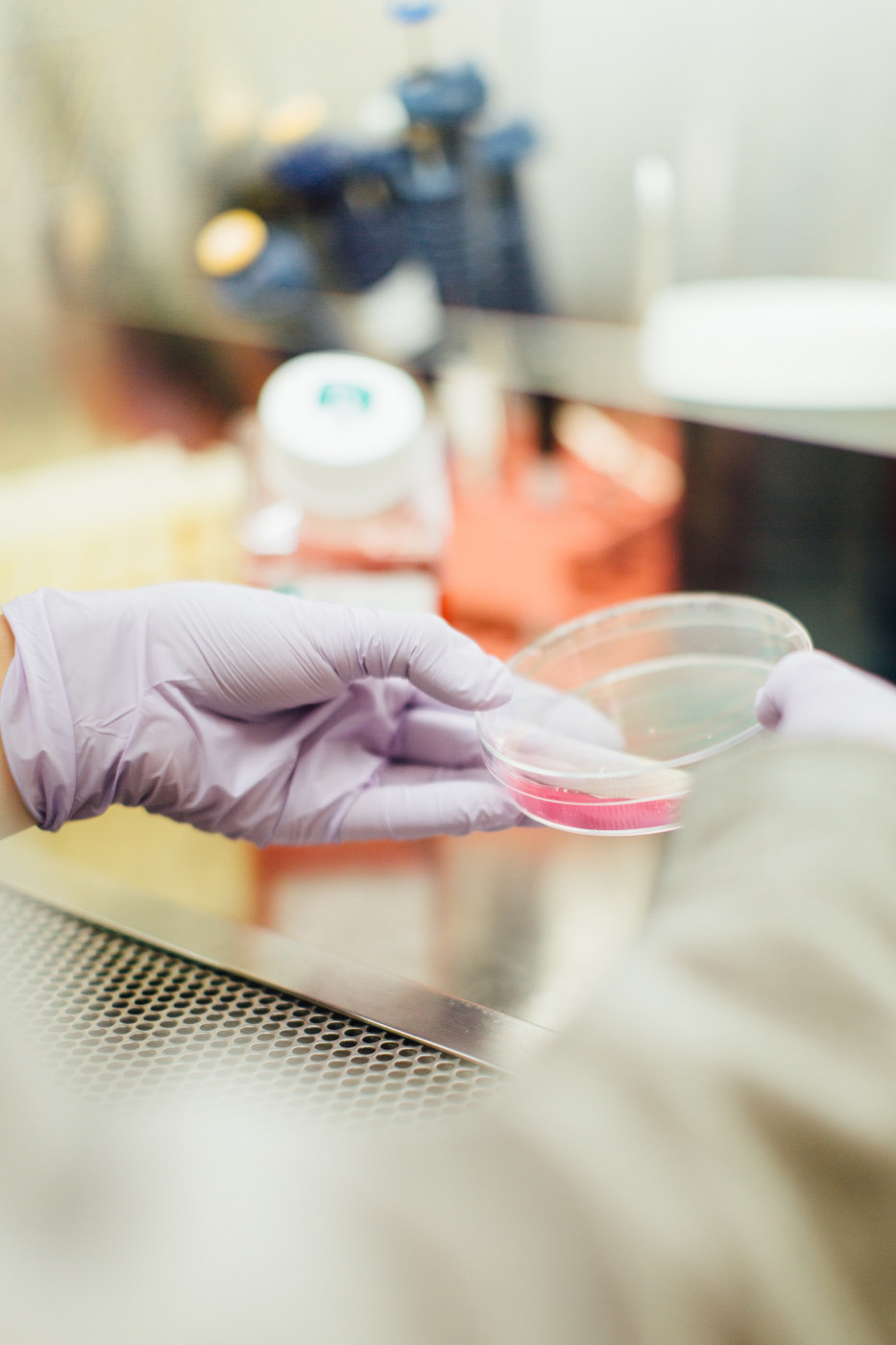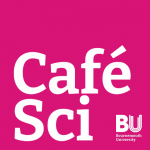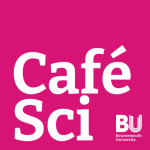At Café Scientifique, you can explore the latest ideas in science and technology in a relaxed setting. Enjoy listening to a short talk before engaging in debate and discussion with our guest speaker and audience.
We’ll be joined by Dr Sarah Upson on Tuesday 6 June from 6:30 – 8:00pm.
Repairing bodies with tissue engineering

Many parts of the body cannot effectively renew and repair themselves, for various reasons. This is where tissue engineering and regenerative medicine could step in; to repair, replace or renew tissues in the body.
These techniques may sound futuristic, but they are increasingly being used to change our approach to medicine and aging. New 3D-printed biomaterials can be implanted into the body, enabling tissue re-growth or the complete replacement of damaged tissues. Join Dr Sarah Upson, an expert in biomaterials at Bournemouth University, to discover the latest research and what these new technologies could mean for medicine and society.
This event will be held at The Black Cherry in Boscombe, Bournemouth. Although the talk starts at 6:30pm, the café will be open early so we encourage you to arrive early for a drink and a bite to eat before the talk starts.
If you have any questions about this event, or you’re interested in getting involved with a future Café Sci event, please email the Public Engagement with Research Team: publicengagement@bournemouth.ac.uk

 Café Scientifique – Tuesday 2 May 2023: Mind-reading machines
Café Scientifique – Tuesday 2 May 2023: Mind-reading machines Café Scientifique – Tuesday 1 June: Predicting a post-COVID-19 economic future
Café Scientifique – Tuesday 1 June: Predicting a post-COVID-19 economic future










 Fourth INRC Symposium: From Clinical Applications to Neuro-Inspired Computation
Fourth INRC Symposium: From Clinical Applications to Neuro-Inspired Computation ESRC Festival of Social Science 2025 – Reflecting back and looking ahead to 2026
ESRC Festival of Social Science 2025 – Reflecting back and looking ahead to 2026 3C Event: Research Culture, Community & Cookies – Tuesday 13 January 10-11am
3C Event: Research Culture, Community & Cookies – Tuesday 13 January 10-11am Dr. Chloe Casey on Sky News
Dr. Chloe Casey on Sky News Final Bournemouth University publication of 2025
Final Bournemouth University publication of 2025 ECR Funding Open Call: Research Culture & Community Grant – Application Deadline Friday 12 December
ECR Funding Open Call: Research Culture & Community Grant – Application Deadline Friday 12 December MSCA Postdoctoral Fellowships 2025 Call
MSCA Postdoctoral Fellowships 2025 Call ERC Advanced Grant 2025 Webinar
ERC Advanced Grant 2025 Webinar Horizon Europe Work Programme 2025 Published
Horizon Europe Work Programme 2025 Published Update on UKRO services
Update on UKRO services European research project exploring use of ‘virtual twins’ to better manage metabolic associated fatty liver disease
European research project exploring use of ‘virtual twins’ to better manage metabolic associated fatty liver disease